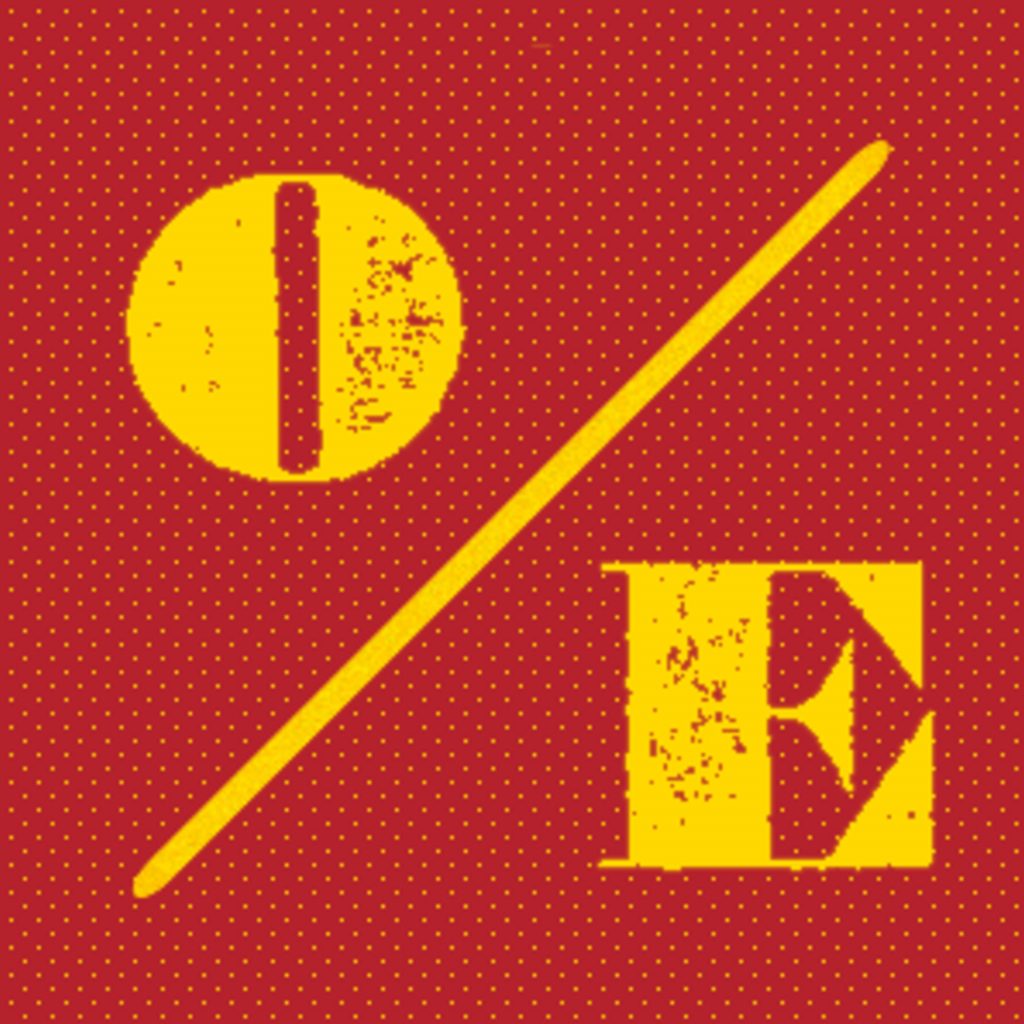In this series of posts, we’ll be featuring mathematical podcasts from all over the internet, by speaking to the creators of the podcast and asking them about what they do.
We spoke to Alaric Stephen, maths teacher and one of the two hosts of the Odds and Evenings podcast, along with Alex Mayall.

Podcast title: Odds and Evenings
Website: oddsandevenings.com
Links: Apple – RSS – JSON – Overcast – Stitcher – TuneIn – Pocketcasts – Castro
Average episode length: 60 minutes
Recommended episode: #12 – Ducks, Deals and Doku
How did your podcast start?
The two of us met at university while studying our maths and physics degrees. We spent a lot of time playing around with maths, getting an enjoyment from just curious investigation. There was no sense of competition about this and we along thrived amongst this spirit of academic adventure. Fast forward half a decade and we were working in separate fields, both somewhat unconnected to our undergraduate degrees.
One evening I went to visit Alex for the first time in a long time and although we hadn’t planned it, we spent hours working on problems that we realised we’d been looking for a chance to explore. By the early hours of the morning we’d ploughed through reams of papers and we were enjoying ourselves in a way we had been missing since university had ended. It was from then we put together the idea of the show.
Who is your intended audience?
The show is not trying to teach people mathematics. In Odds and Evenings we bring problems that we have been working on but have not yet finished to work on with the other host. We will try things and sometimes we will hit a dead end, but that is part of doing maths. We use a vocabulary pitched at undergraduate level maths or science students although many of the problems are accessible to everyone. This podcast is for people who get an enjoyment from playing with recreational maths.
How have you found the challenge of communicating maths in a podcast format?
Part of the process of launching the podcast was making several unaired pilots for the show to try to work out which parts of mathematics work well in an audible format and which do not. We quickly discovered that anything with much algebra or more than a couple of figures on a geometry problem was not right for podcasts. Instead there is a larger focus on number theory, game theory and graph theory. Puzzles are also a good fit.
Alex used to have other shows back at university so had experience of the editing and publishing side of podcasts. In the end we put it all together to make something edited together to be around three topics an episode, all of which are worked on with a genuine dialogue between the two hosts.
How often do you put out episodes?
We both work full time, Alaric in maths teaching and Alex in venture capital so our recording process is limited to our free time. The episodes started out fortnightly, but they have relaxed into something more sustainable long term.
What would you recommend as a starting point for someone who wants to listen?
The podcast has gained quite a following of people suggesting problems to us, writing in with clever proofs that we missed or coming up with new ways of looking at the problems. As such some of the episodes make more sense if you have heard some of the previous ones. However you can jump in anywhere and you will be fine. Episode 4 may be a good hopping on spot to avoid the first few episodes where we were still finding our groove.
What exciting plans do you have for the future?
In the future we’d like to do more episodes with guests on. We had a lot of fun recording with Matthew Scroggs in Episode 31.